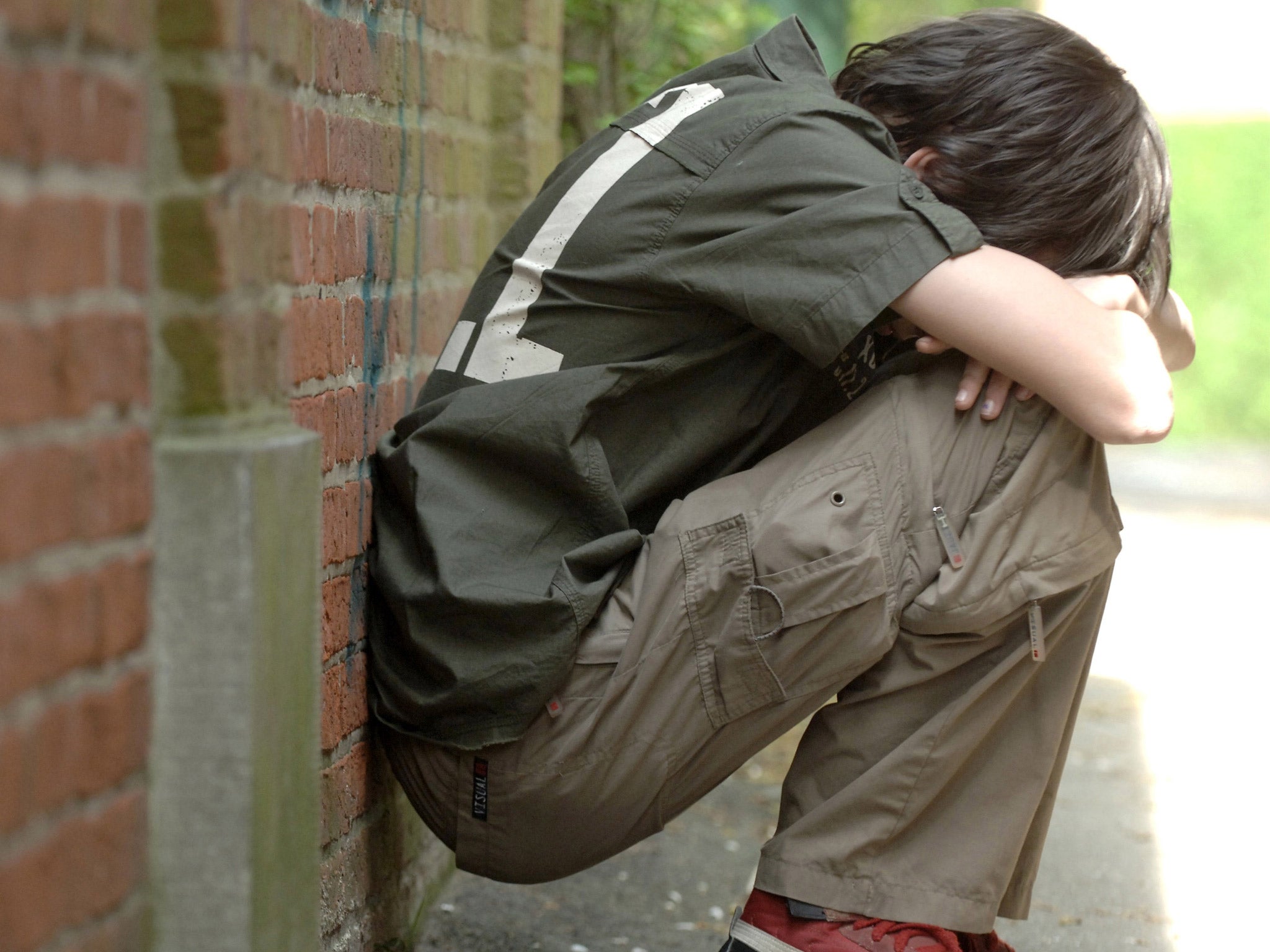Number of children who self-harm jumps 70 per cent in just two years

Your support helps us to tell the story
From reproductive rights to climate change to Big Tech, The Independent is on the ground when the story is developing. Whether it's investigating the financials of Elon Musk's pro-Trump PAC or producing our latest documentary, 'The A Word', which shines a light on the American women fighting for reproductive rights, we know how important it is to parse out the facts from the messaging.
At such a critical moment in US history, we need reporters on the ground. Your donation allows us to keep sending journalists to speak to both sides of the story.
The Independent is trusted by Americans across the entire political spectrum. And unlike many other quality news outlets, we choose not to lock Americans out of our reporting and analysis with paywalls. We believe quality journalism should be available to everyone, paid for by those who can afford it.
Your support makes all the difference.The number of children who self-harm has increased by more than 70 per cent in the past two years to record levels, according to new figures.
The Health and Social Care Information Centre said some 6,500 children – just under 6,000 of whom were female – aged 10 to 14 had been treated after deliberately injuring themselves.
That was up by 2,700 on the figures for 2009 to 2012, when the numbers were stable at about 3,800 a year.
Sue Minto, the head of ChildLine, who described self-harming as a “coping mechanism”, said: “About 20 years ago I only came across self-harm in sexual abuse cases. Now self-harm is used by children to try to cope with a whole raft of issues.”
Lucie Russell, of the charity YoungMinds, told The Times, which obtained the figures, that the 24/7 online culture was a major contributory factor.
“This has never happened before. It is the pressures of the modern world and some of these pressures are unprecedented,” she said, saying some children were experiencing “constant pressure”.
“Young people feel it never lets up. Online they create a brand — brand me — which says I have loads of friends and this is how I look. They feel the need for constant reassurance from others and there is no privacy any more.”
A spokeswoman for the Department of Health said: “We want to help young people who experience a mental health problem, which is why we are spending £54m to boost their access to psychological therapies. We have invested £3m in a website called MindEd which supports anyone working with children to spot the signs of mental health problems as early as possible.”
Join our commenting forum
Join thought-provoking conversations, follow other Independent readers and see their replies
Comments